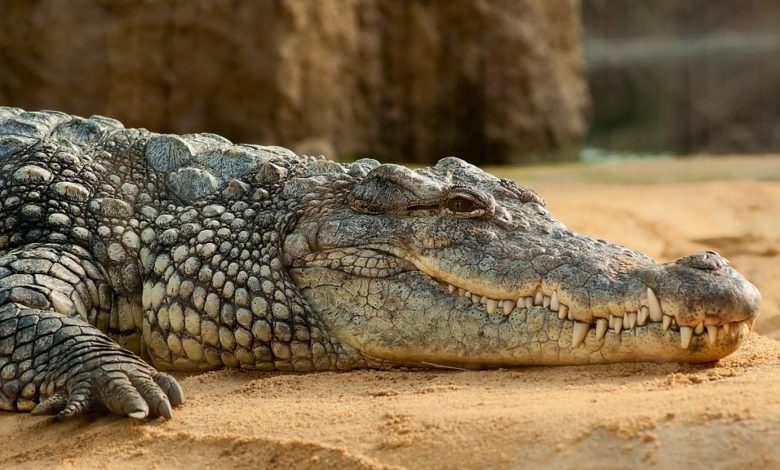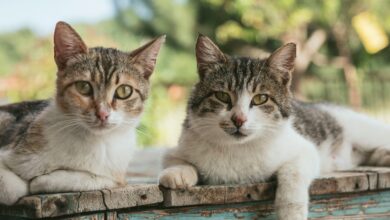4,755 dangerous wild animals are being kept as pets in the UK

A new survey has revealed that 4,755 dangerous wild animals are being privately kept in the UK.

Become a member for unlimited access
Remove all content restrictions with a membership account. First-year special offer pricing. Cancel any time.
You have read 2/2 free articles this month.

How many members should have access to the subscription?
Monthly
Yearly
Save £9.89
No, thanks
I already have an account

A new survey has revealed that 4,755 dangerous wild animals are being privately kept in the UK.
